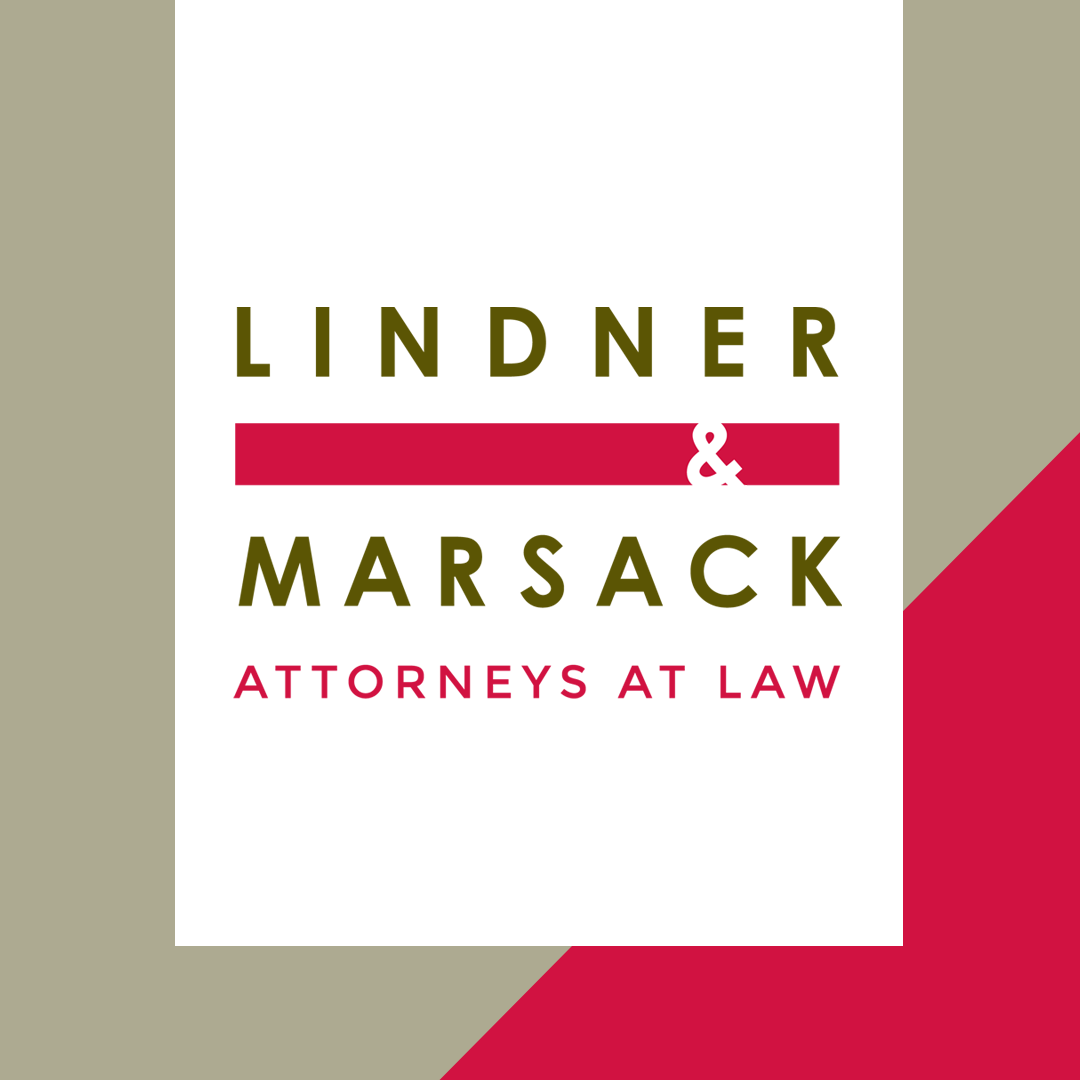By: Jenna K. Leslie Yesterday, the Supreme Court of the United States issued a significant victory for employers when ruling that class and collective action waivers in employment arbitration agreements are fully enforceable under the Federal Arbitration Act (FAA) and do not violate an employee’s rights under the National Labor Relations Act (NLRA). In Epic […]

SUPREME COURT UPHOLDS USE OF CLASS ACTION WAIVERS
Leave a reply
